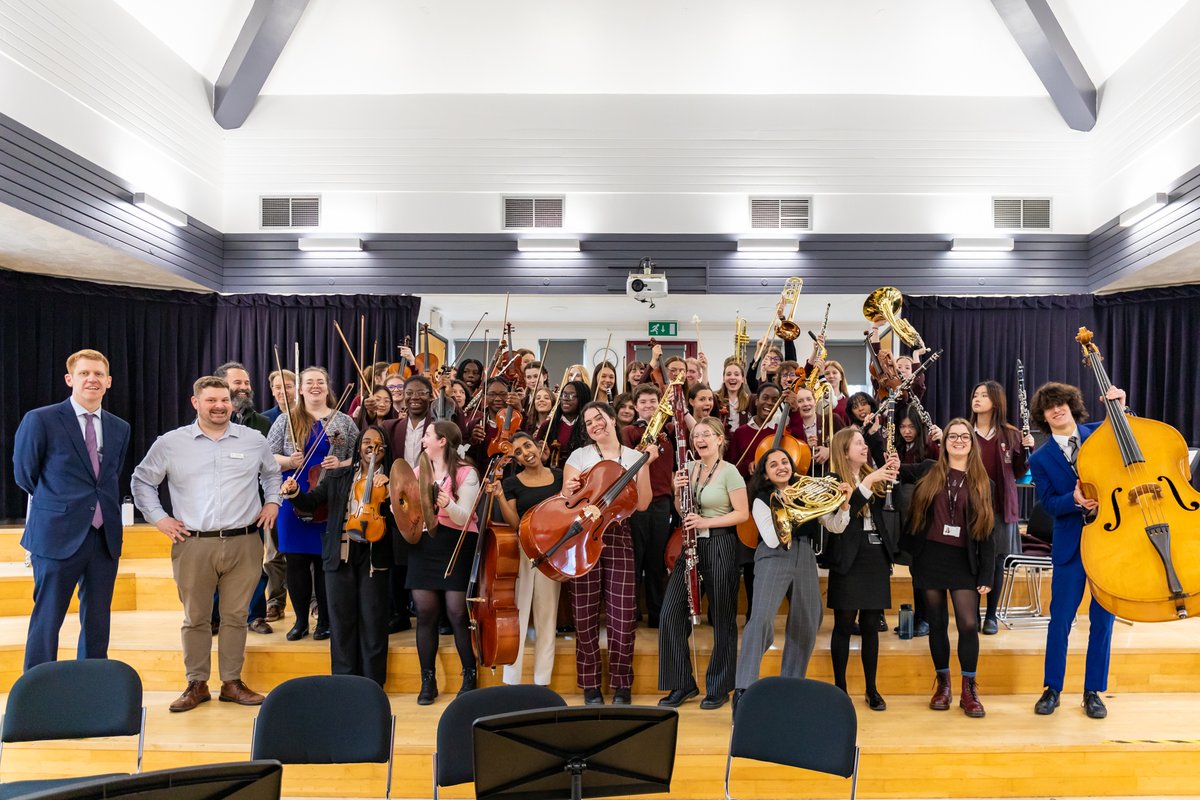Invicta Vlogs
All teachers have asked themselves, often again and again, what is the purpose of schooling?
All teachers have asked themselves, often again and again, what is the purpose of schooling? This question has been long debated, and philosophers as diverse as Aristotle, Plato, John Locke and Confucius have written extensively on the purpose and role of education in their respective societies.
My reason for such reflection was my recent work with the ‘Future Teacher’ POP – Personal Opportunities Programme. Future Teachers is a new offer to the POP options which aims to provide any Invicta student who is considering a career in teaching, with the knowledge, experience and skills to prepare them for this profession.
We have a diverse group of 28 students, some who are absolutely certain that the life of a History, Dance, English or Primary school teacher is right for them, whilst others are tentatively exploring the world of education to assess if it is a profession that may interest them in future.
This week, we have been exploring ‘Education around the World’. From the 16 hour school day in South Korea, to having a 40 minute nap in the classroom after lunch in some schools in China (the students, not the teacher); the emphasis on ‘drill’ in Japan and the absence of uniform in most of European schools.
Anyway, going back to the original question – ‘What is the purpose of Education’. As expected, there does not seem to be a global consensus on this matter. In 1938, American educational philosopher, John Dewey argued that the primary purpose of education and schooling ‘is not so much to prepare students to live a useful life, but to teach them how to live pragmatically and immediately in their current environment’. By contrast, George Counts, a leading educator in the 1930s, stated that the purpose of school was ‘less about preparing individuals to live independently and more about preparing individuals to live as members of a society’.
From our exploration of the wide-ranging schooling systems around the world, our Future Teachers have identified certain key purposes that seem to be common to schools wherever they might exist in the world:
• intellectual development such as the development of literacy, numeracy and knowledge skills.
• economic opportunity such as job preparation.
• social gain such as the development of social and moral responsibility.
• personal growth or self-improvement.
• and, I am glad to say – the sheer enjoyment of sharing what we know and are interested in with other people who are eager to learn.
After half term, our ‘Future Teachers’ are going to investigate how education has changed in the UK over the years. We will look at what it was like to be educated in Victorian times, the early1900s and the varying modern day systems.
If any parents or grandparents have amusing or interesting stories relating to their own schooling, our Future Teachers would be very keen to learn from them.
Mrs M Giles
Deputy Headteacher


























